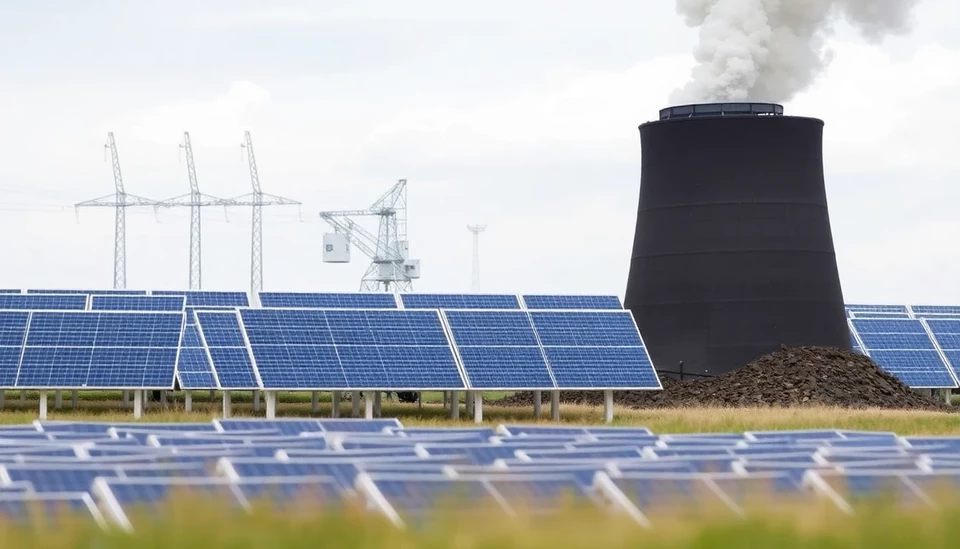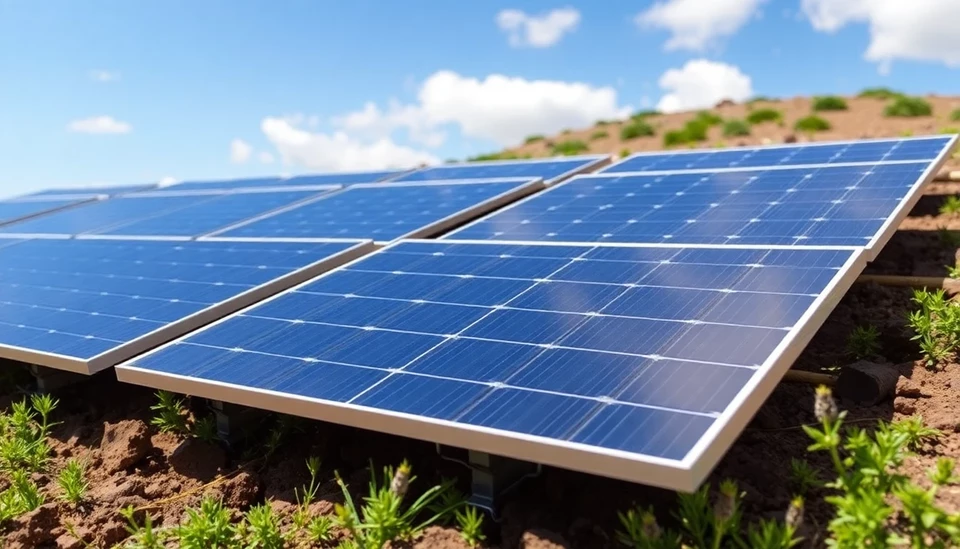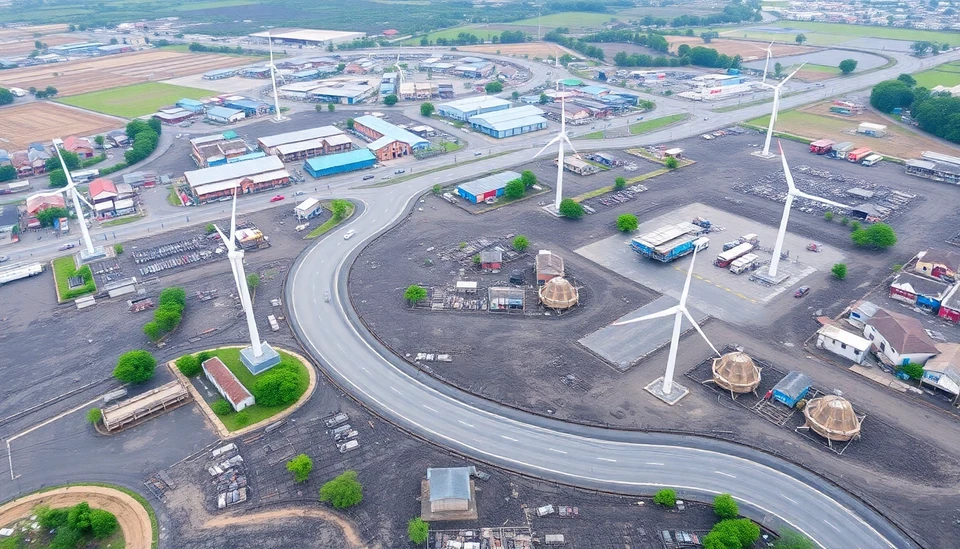
In a groundbreaking shift for the energy landscape in Europe, solar power has officially outpaced coal as the primary source of electricity generation in the European Union during the calendar year of 2024. This notable achievement marks a significant turning point in the region's commitment to renewable energy and decarbonization efforts, showcasing a robust investment in sustainable practices as Europe aims to reduce its carbon footprint.
The surge in solar power generation can be attributed to several factors, including advancements in solar technology, an increase in the number of installations across both residential and industrial sectors, and policy measures that encourage renewable energy use. With the EU's ambitious Green Deal in full effect, significant funding has supported the growth of solar infrastructure, enabling countries to meet their energy demands through cleaner and more sustainable sources.
In 2024, solar energy produced approximately 23% of the total electricity consumption within the EU, a remarkable rise that has seen it dethrone coal, which accounted for around 22% of the energy mix. This represents a notable shift from previous years, where coal dominated as a reliable source of electricity in many European countries. The decline in coal usage has been corroborated by the EU's strict emissions regulations and a growing public demand for greener alternatives.
Countries leading this solar revolution include Germany, Spain, and France, where favorable climate conditions and proactive governmental policies have significantly bolstered solar capacity. Germany, in particular, has long been a trailblazer in renewable energy, while Spain's ample sunshine has made it a hotspot for solar farms. Meanwhile, countries that have historically depended on coal are now on a path toward energy transition, investing heavily in renewable energy and slowly phasing out coal-fired power plants.
The transition from coal to solar is accompanied by both economic and environmental benefits. By investing in renewable energy, the EU aims to not only curb greenhouse gas emissions but also foster job creation within the green energy sector. This paradigm shift is expected to lead to a decrease in energy prices as renewables continue to expand and become more dominant within the market.
Despite these advancements, challenges remain. Some critics warn about the intermittency of solar power and the need for enhanced energy storage solutions to deal with periods of low sunlight. Yet, technological progress in battery storage is making significant strides, further underpinning the reliability of solar energy as a stable power source.
As Europe celebrates this milestone, it stands as a testament that the collective effort toward attaining a sustainable energy future is indeed achievable. The trend of surpassing coal with solar energy production may just be the beginning of a broader energy transition, setting a precedent for other regions globally to follow.
In conclusion, this landmark moment not only signifies a win for renewable energy advocates but also signals a larger shift in how the world will approach energy production in the years to come. The EU's transition away from coal could provide the framework needed for nations worldwide to follow suit, emphasizing that sustainable energy is not only possible but imperative for our planet's future.
#SolarEnergy #Coal #RenewableEnergy #Europe #EnergyTransition #ClimateChange #SustainableFuture #GreenDeal #EnergyInnovation
Author: Megan Clarke




